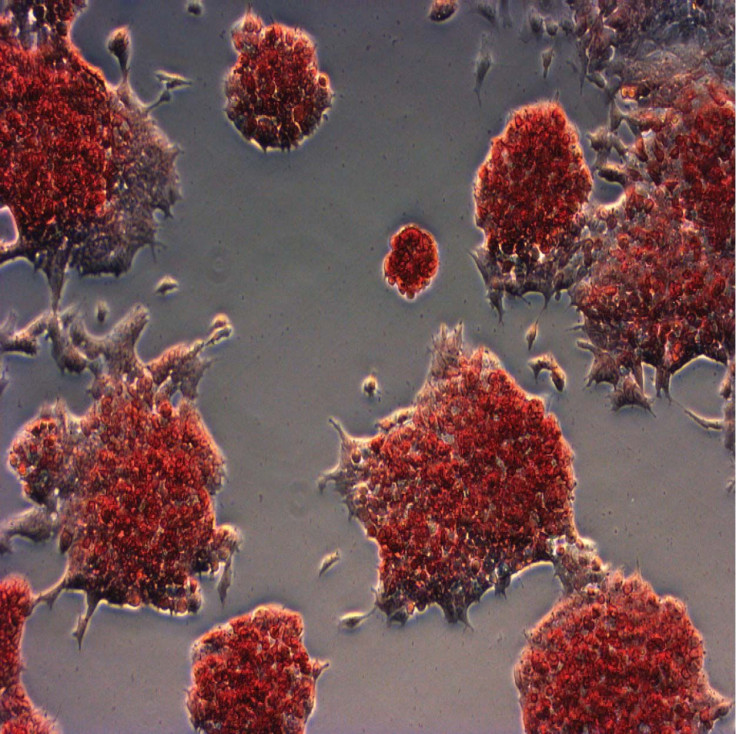Researchers Discover Faster, More Efficient Way of Generating Stem Cells

Researchers at the Sanford-Burnham Medical Research Institute have found a faster and more efficient way of generating induced pluripotent stem cells.
Induced pluripotent stem cells (iPSCs) are adult cells that have been manipulated to revert into an embryonic stem cell stage. The researchers found that kinase inhibitors could promote iPSC development by blocking the activity of a key enzyme called kinase required by a cell for communication and growth.
"Generating iPSCs depends on the regulation of communication networks within cells. So, when you start manipulating which genes are turned on or off in cells to create pluripotent stem cells, you are probably activating a large number of kinases. Since many of these active kinases are likely inhibiting the conversion to iPSCs, it made sense to us that adding inhibitors might lower the barrier," said Tariq Rana, senior author of the study from Sanford-Burnham Medical Research Institute.
Out of the 240 kinase inhibitors tested in the lab for the study, three inhibitors, AurkA, P38, and IP3K, were most efficient in accelerating the process of iPSC generation. Cells treated with kinase inhibitors were able to generate more iPSCs than untreated cells.
Theoretically, a person's cell can be reprogrammed into an embryonic stem cell and then re-differentiated into forming any kind of cell like that of heart, muscle or skin. But this process is inefficient as only a few of the thousands of cells may revert back to the stem cell stage. The present study attempted to make this reprogramming more efficient by blocking out certain enzymes that promote cell growth and survival.
iPSCs could be used to replace any organ in the body and to test new therapies or drugs.
"We found that manipulating the activity of these kinases can substantially increase cellular reprogramming efficiency. But what's more, we've also provided new insights into the molecular mechanism of reprogramming and revealed new functions for these kinases. We hope these findings will encourage further efforts to screen for small molecules that might prove useful in iPSC-based therapies," Rana said.
The study was published in Nature Communications.
Published by Medicaldaily.com



























